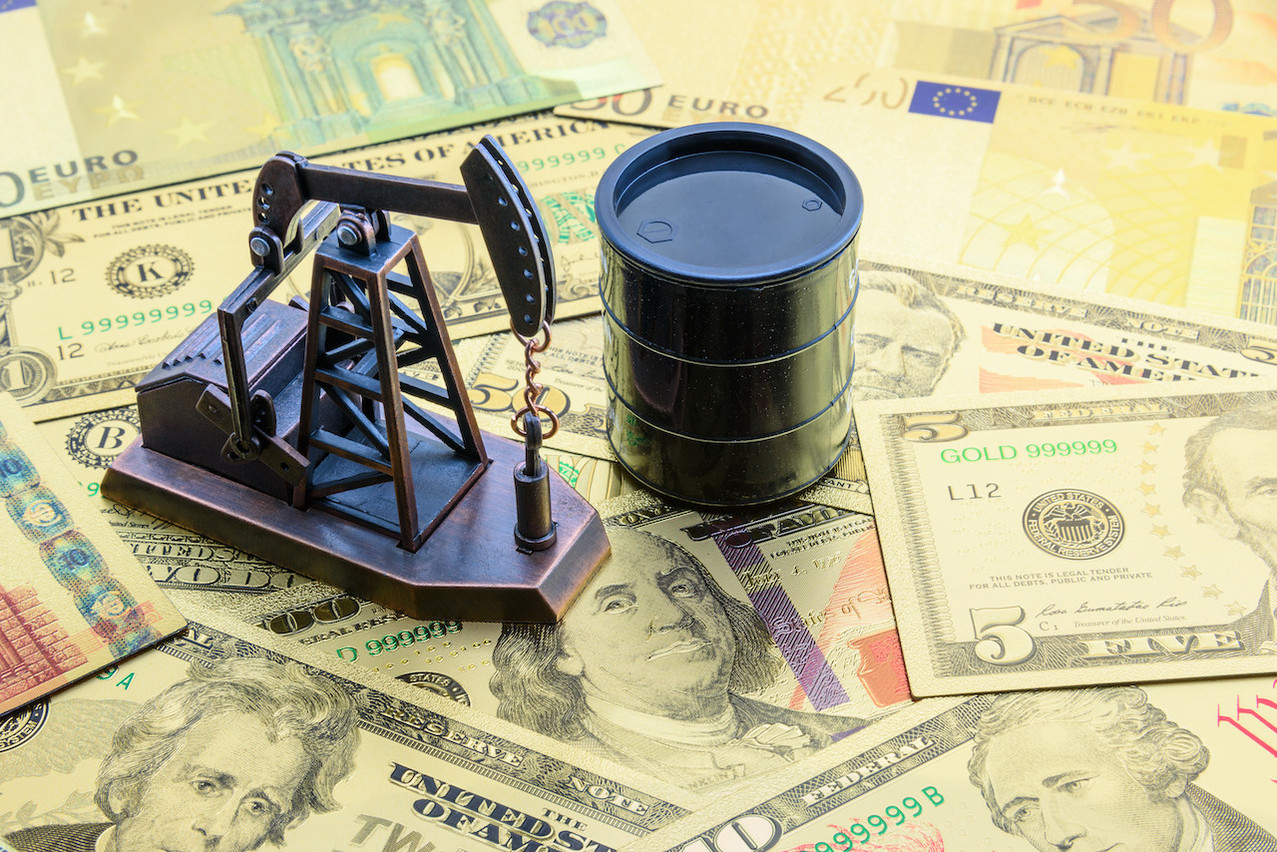Riding on rising energy costs fuelled by the post-covid recovery in demand and the war in Ukraine, the five major oil companies--Shell, Chevron, ExxonMobil, BP and TotalEnergies--have smashed their earnings records.
TotalEnergy, the world’s fifth largest oil company, announced on 8 February a net profit of $20.5bn (€20bn), beating the previous record of €16bn set in 2021. The €550m in discounts given to French motorists did not prevent it from making a profit of €350m in France.
The day before, BP had announced a profit of $27.6bn (€25.72bn) for the year 2022. Again, a record was broken. Shell’s last record was in 2008. At that time, the company announced a profit of $31bn. In 2022, it reached $40bn (€36.33bn). At Exxon, the record profit was also set in 2008, at $45.7bn. In 2022, it reached $55.7bn compared to $23bn in 2021. At Chevron, the record was set in 2011. With a profit for 2022 of $36.5bn, this record was broken by $10bn.
Scattered taxation
In the context of the energy and climate crisis, these results have rekindled the controversy over the taxation of super profits.
Across the Atlantic, Joe Biden--already at “war” with billionaires--has denounced “scandalous” profits. In Europe, the EU introduced a “temporary solidarity contribution” at the end of September, which Exxon challenged in European courts. In Britain, the government introduced a tax on energy windfall profits in May 2022. In contrast to the UK, the French government has ruled out the idea of taxing “super-profits” and is content with the EU’s “temporary solidarity contribution.”
TotalEnergies, through its CEO Patrick Pouyanné, says it is ready to consider a new pump rebate campaign in France.
Major investments
Faced with these threats of surcharges, the oil groups are invoking the large investments to be made in renewable energies.
“We need to continue to invest, in the short term, in our current energy system, which is dependent on oil and gas, in order to meet demand and to ensure that the transition is an orderly one,” explained Bernard Looney, BP’s CEO.
A difficult transition and one that will be slow: the return on renewable energy is currently three to four times lower than oil and gas projects.
But share buyback and dividend programmes seem to be taking the lion’s share of the profit distribution for the time being.
TotalEnergies has decided to divide its profit into three parts: 37.2% of the profit will go to shareholders (i.e., a 7% increase in the dividend), 36% to investment and the remainder will be used to reduce the company’s debt. The company is also planning a share buyback programme of €2bn, or 5% of its capital. In 2022, this programme amounted to €7bn.
Shell will increase its dividend by 15% and BP by 10%.
This story was first published in French on . It has been translated and edited for Delano.
